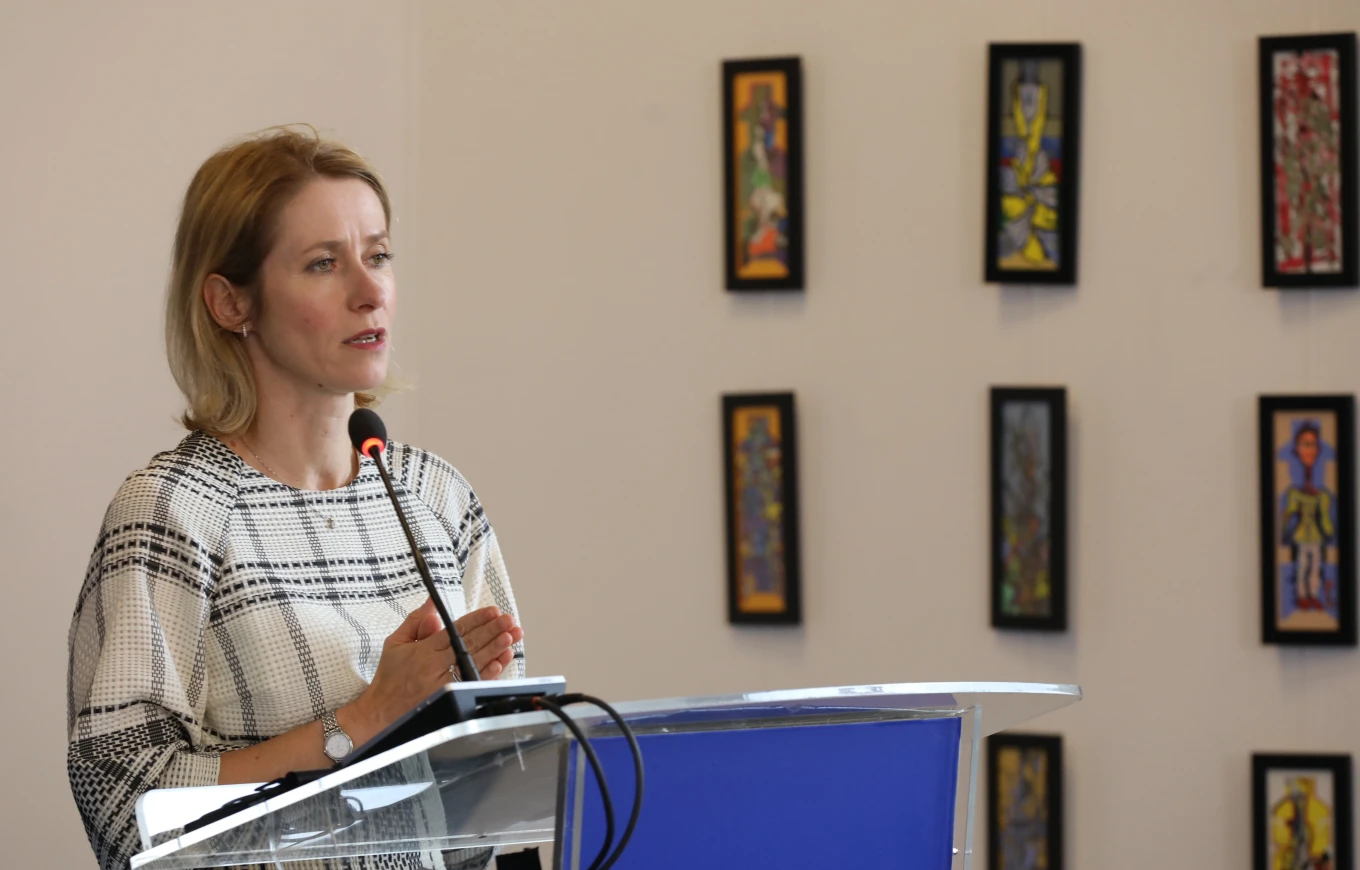The seventh Western Balkans Digital Summit wrapped up in Skopje on Friday with regional governments pledging closer cooperation on digital connectivity, roaming, and digital identity in line with European Union standards.
Officials from the six Western Balkan economies signed two joint statements. The first reaffirmed commitments to expand regional and EU digital connectivity, building on the “Roam Like at Home” regime and the 2023 EU–WB roaming declaration. Governments pledged to align with the EU’s roaming acquis and prepare for the eventual introduction of free roaming between the Western Balkans and the EU, while urging further cuts to cross-border roaming charges.
The second statement focused on creating interoperable digital identity wallets and trust services. Ministers agreed to harmonise regulations, strengthen technical capacities, and implement digital IDs compatible with the EU’s eIDAS 2.0 framework.
Summit conclusions also called for aligning with the EU’s Digital Services Act, Digital Markets Act and AI Act, accelerating broadband rollout, enhancing cybersecurity cooperation with the EU agency ENISA, and using the new Western Balkans DESI dashboard to track progress. Participants also backed youth engagement and innovation through initiatives such as the RCC’s Balkathon.
The two-day summit, co-hosted by the Government of North Macedonia and the Regional Cooperation Council, brought together regional leaders, EU officials, businesses, innovators and civil society representatives to discuss interoperability, cybersecurity, AI and digital skills under the Common Regional Market Action Plan 2025-2028 and the EU’s Growth Plan for the Western Balkans.



